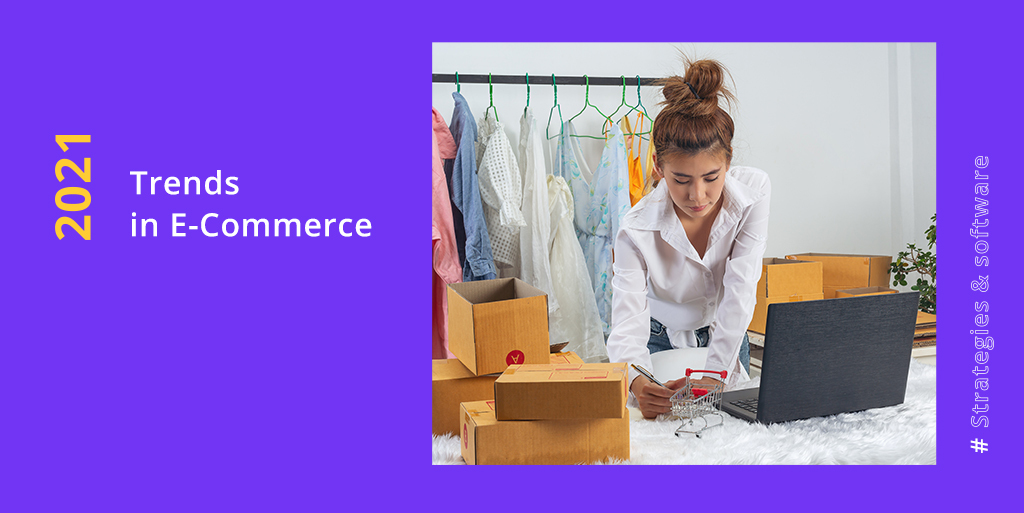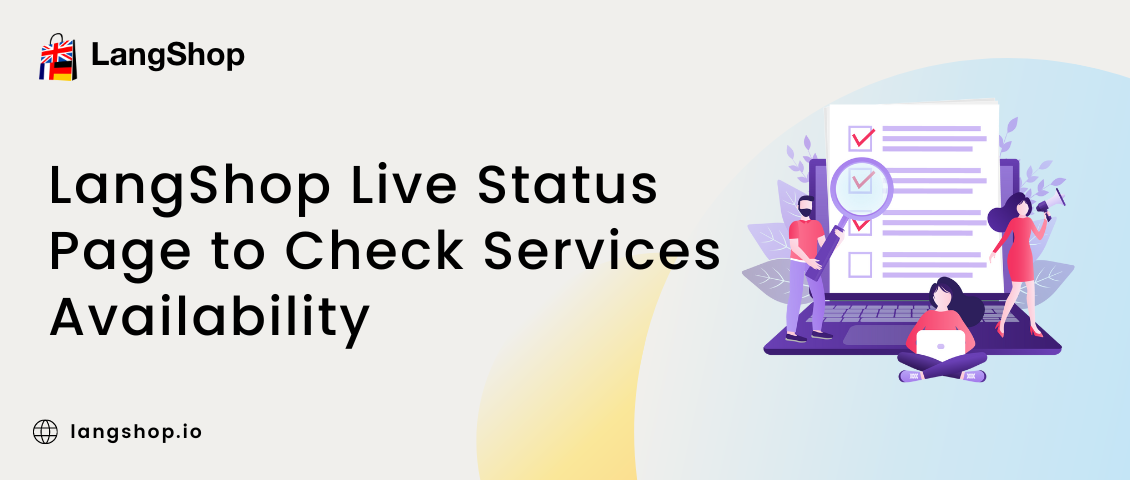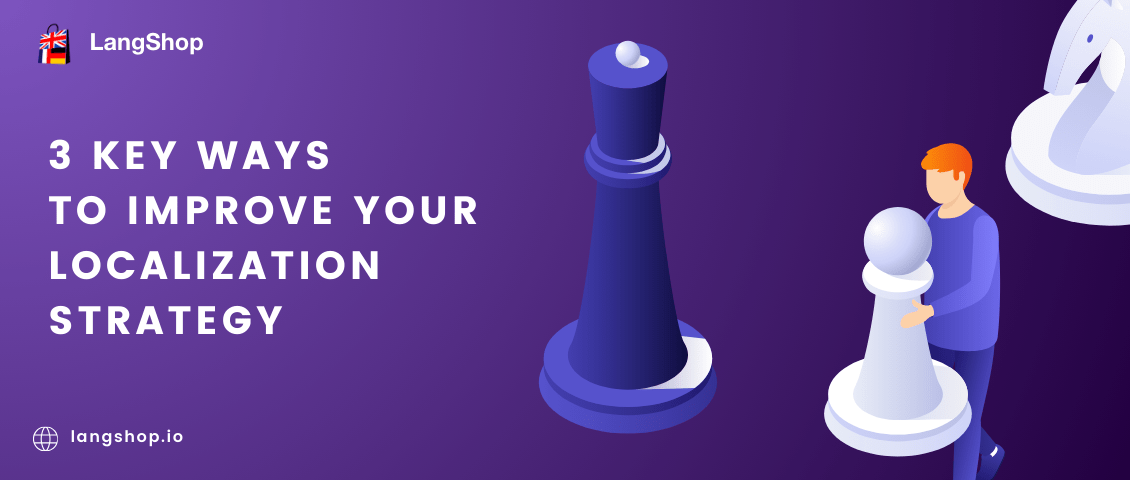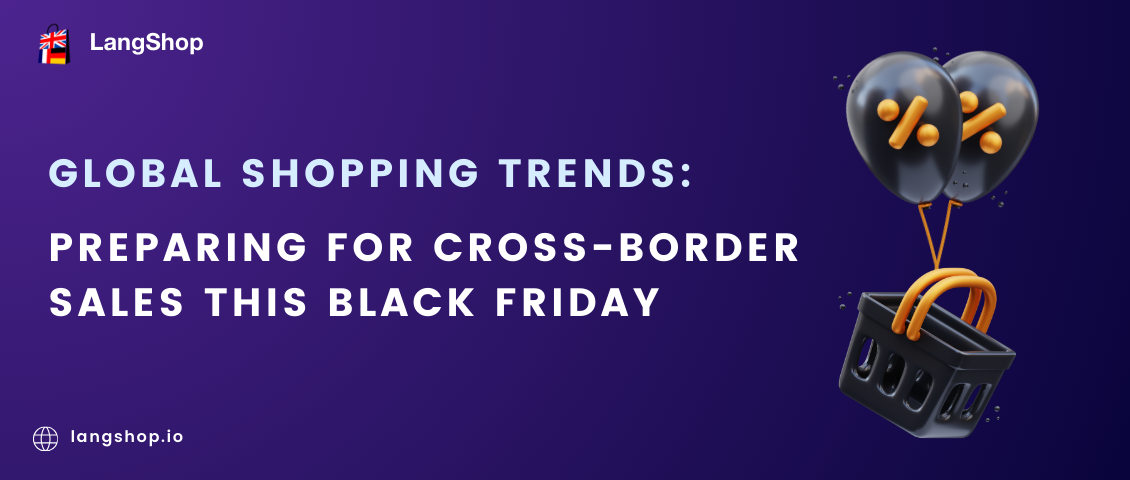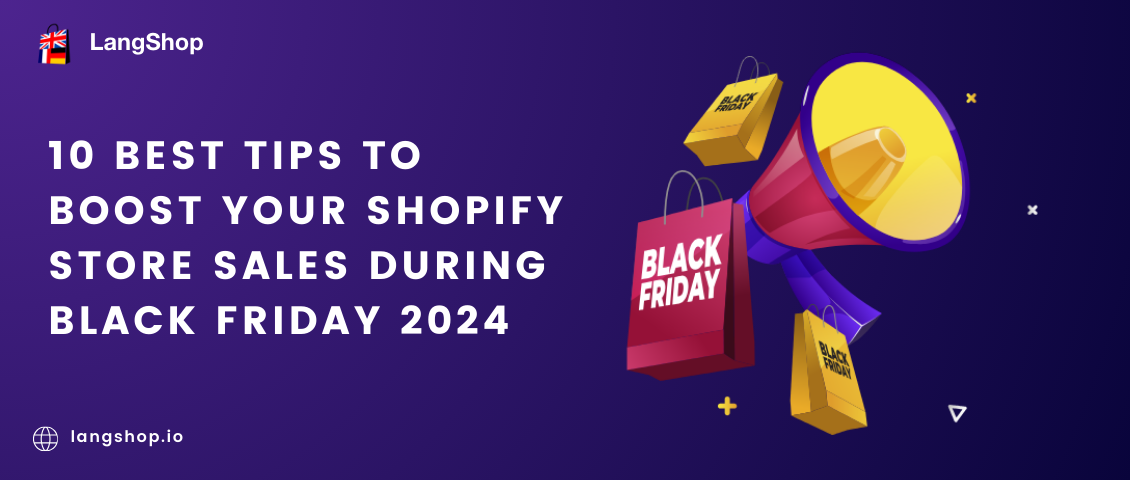E-commerce is growing faster than any other sector. And in the COVID-19 crisis, this can represent wide opportunities for companies.
Our buying behavior is evolving and there seems to be an influx of electronic commerce in the presence of physical stores. As an organization, to position itself correctly, it’s important to predict these patterns.
In this article, we are going to consider 5 key trends in e-commerce for 2021.
- Artificial intelligence
- Interactive and personalized
- Protection of personal data
- The mobile direction
- An omnichannel strategy
Artificial intelligence
International e-commerce becomes ordinary. There is a lot of data generated by this e-commerce sector. These are a lot of product descriptions, tags, meta fields, images, shop data, and all these data should be translated which immediately increases the amount of data several times. For example, Shopify as a huge e-commerce platform provides users not only AI solutions and, also, full-shop translation apps. One of these is LangShop, which can translate the whole shop content.
During shop work, you can face this quantity of data that cannot be handled manually, AI is an optimal solution. In reality, artificial intelligence analyzes the buying behavior of e-commerce consumers and makes product recommendations using a complete set of algorithms.
Besides, AI will help a user pick the product he/she needs. This is because a person may have multiple questions before making a transaction and the AI will answer them all.
Interactive and personalized
When shopping online, a major of consumers considers customer experience to be at least as important as the price. The customer experience encompasses the quality of service/support, but also the UX offered by the website, the payment process, the speed of delivery, and the tracking of the package.
Moreover, this experience must also convince the customer that the product they are considering buying is the right one. Hence, it’s important to accompany it with an appropriate description, quality photos, etc.
Customers expect online shops to provide customized information based on prior searches, searching, shopping experience, and location. Each customer is special and this should be taken into account in online stores.
Protection of personal data
While consumers are increasingly demanding personalization, they also expect the online stores where they shop to place great emphasis on protecting their personal data. In 2021, a balance will have to be found between hyper-personalization and data protection.
The mobile direction will become more important
It is nonsense to ignore smartphones and tablets in developing your e-commerce strategy. Smartphone usage is so high that 82% of people say the first thing they do when they wake up is check their phone.
The fact that your website must be mobile-friendly is therefore obvious. However, not all websites are optimized for this format. If you want to take full advantage of e-commerce in 2021, you should not neglect this aspect.
An omnichannel strategy
The omnichannel experience is a multi-channel marketing, distribution, and operation approach that generates an interconnected and coherent brand experience everywhere and no matter who a client enters.
Use not only your web store but also be present on other marketplaces and social networks like Instagram, Facebook, etc.
It is obvious that the growth of e-commerce is not about to stop. No matter what industry or industry you are in, enabling your customers to purchase your products and/or services over the Internet is critical.

